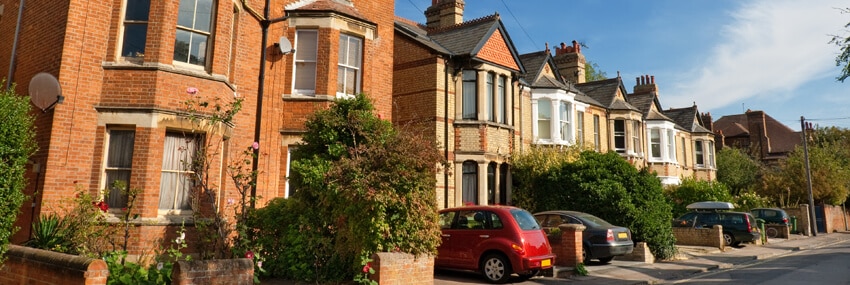This note is mainly about elections. Not general ones. S222 ones, relating to main residences. But with a footnote relevant to non-resident owners of residential property of any kind.
First, residences. Everyone knows that where you have two or more “residences” (broadly, homes) you can elect which is to be treated as the main home qualifying for CGT exemption. It’s worth underlining, incidentally, that in recent years HMRC have become much stricter on accepting a property as a “residence” at all, and have in a number of reported cases successfully denied the relief where the occupation of a property has lacked a degree of permanence.
Such an election must be made, if at all, within 2 years of a change in your number of homes (though, once made, it can be varied at any time). Note that this isn’t necessarily the same as a change in the number of properties you own. A change in the number of homes could arise, for example, on
- Disposing of a home
- Acquiring a home
- Bringing an already-owned but previously-let property into use as a home
- Ceasing to use a property as a home (without disposing of it)
All these events not only give you the right to make a fresh election: they also require you to make a fresh election in the sense that any existing election ceases to be effective and if no fresh election is made, relief reverts to being available on whichever home is, as a matter of fact, the main home.
This year’s Finance Act introduces one change which applies to all multiple-home owners. It’s that a property can no longer be treated as a home for a tax year if it’s located in a country in which you are not tax-resident and it’s one in which you (or your spouse) spend fewer than 90 days in the year.
This last change is related to the extension of the UK CGT charge to non-residents making capital gains on UK residential property (whether held as an investment or for their own use). Further details of this extension of the tax charge, including a note on the assessing and collection machinery, are elsewhere on our website. The same restriction (that you cannot claim exemption on a home located in a country in which you are not resident and which you don’t visit for 90 days in the year) will usually have the effect of denying exemption to any non-resident in respect of a home in the UK; which is of course a major objective of the extended charge.
For more on our extensive property and construction services, visit our Property and Construction pages.


